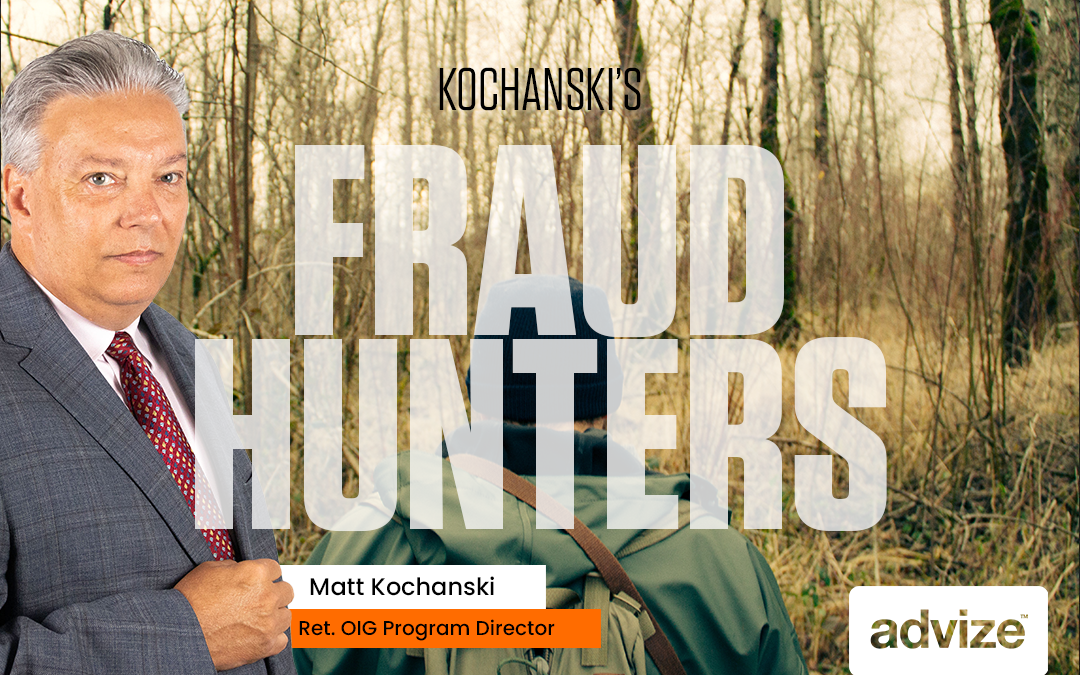Data is great. Open-source information is helpful. Surveillance can provide insight. But nothing beats a good interview for getting to the heart of it. But what does it take to make it a good interview? In a word, what it takes is preparation.
Preparation is multi-faceted:
- Understand who you are interviewing.
- If a member/beneficiary, know their medical history and study their claim history with the provider.
- If a witness, study the facts of the case to better understand what information they should have based on their role (billing clerk, office manager, nursing home administrator, etc.) and prepare your interview accordingly.
- If the subject, research their background, know their claims history, and understand thoroughly the reasons why you are reviewing them. Have information ready to confront them with (billing history patterns, calendars, etc.).
- Prepare the flow.
- Know what topics you want to discuss.
- Research those topics – if policy-related, then know what policies apply and make sure you understand the policy and regulations.
- Determine the best approach based on how the interview will be conducted – in person, phone, video.
- Bring all information with you (or have it handy).

Preparation is key to success, but you also must conduct a good interview:
- There should be two interviewers – one to take notes and ask backup questions; one to act as the primary interviewer.
- Establish rapport.
- Remember you are in charge.
- Ask open-ended questions – let them talk.
- If needed, confront with information.
- Keep the interview on track. Guide the interviewee to the areas you want them to discuss.
- Interviewing is mostly an art with some science. The more you do, the better you get.
The interview is not over until it is documented:
- The report should focus on important facts – don’t clutter it with fluff.
- Be objective, write in the third person.
- The report should reflect the statements of the interviewee – not the voice of the interviewer.
- Avoid offering opinions or conclusions.
- If possible, get a written statement or attestation from the subject.
- Keep the original notes – they are the official contemporaneous report of the interview. Never alter them.
In the world of investigations, data and surveillance have their place, but the ultimate weapon is a well-prepared interview.
Preparation is the linchpin of success, encompassing understanding your subject, planning the discussion flow, and gathering essential information. But an effective interview is not just about preparation; it’s an art of building rapport, asking the right questions, and maintaining control.
Remember, an interview is only complete when documented objectively, focusing on essential facts without personal bias. Secure a written statement if possible, and safeguard your original notes—they are your unaltered record.
In the end, your best weapon, in any investigative endeavor, is preparation. It’s the key to unlocking truth, making informed decisions, and ensuring justice prevails.


Recent Comments